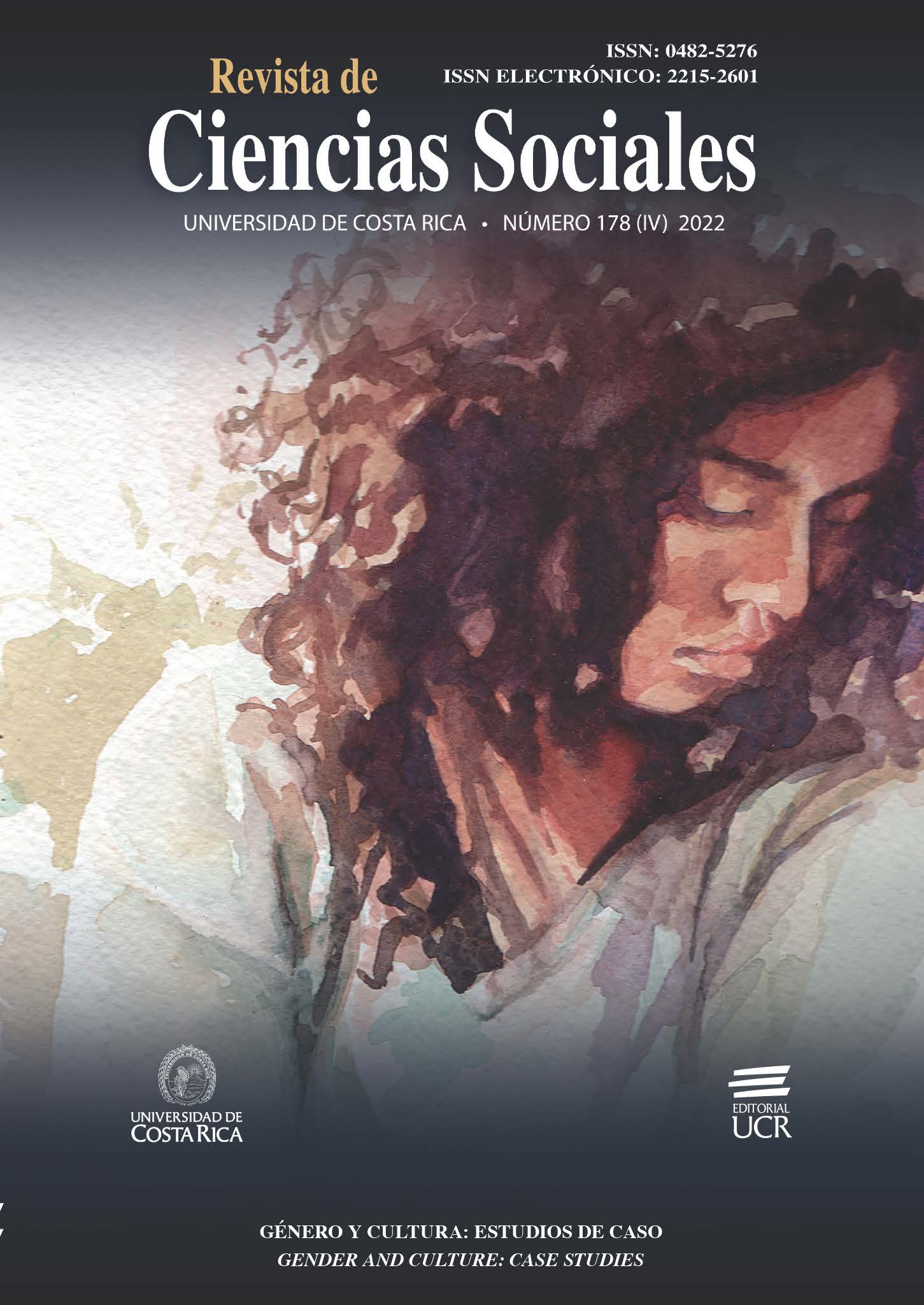Abstract
The general objective of this research was to explore the psychological-relational dimension of a group of women converts to Islam in the city of Medellín (Antioquia, Colombia). As a methodology, the qualitative research paradigm was chosen, specifically the grounded theory design. A theoretical sample was applied, from which four interviews were obtained with converted Muslim women who congregate in one of the three mosques in the city of Medellin during the year 2021. The results show that Islam becomes for them a source of sense of reality and lifestyle, which largely depends on self-perception, family characteristics and dynamics, and social adjustment to the Muslim community. In addition, this allows community practices, religious commitment, and political practices to be assumed.


